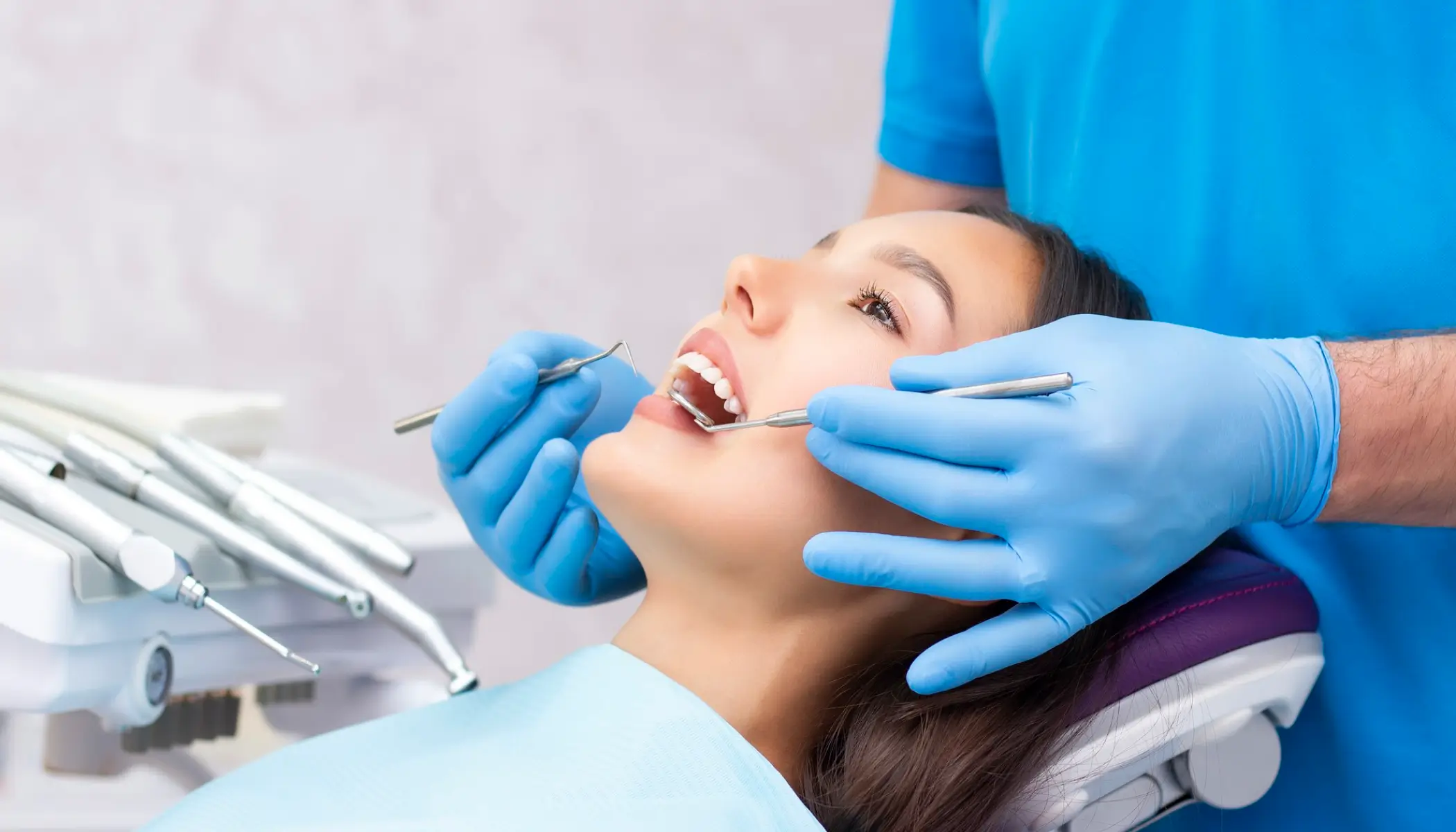
What Causes Tooth Sensitivity and How to Treat It
Do you feel a sharp twinge when sipping hot coffee or enjoying an ice-cold drink? If so, you’re not alone. Tooth sensitivity is a common dental issue that affects millions of people—but the good news is, it’s also treatable.
At Burleson Dental, we’re here to help you understand what causes sensitive teeth, how to manage the discomfort, and what you can do to protect your smile.
What Is Tooth Sensitivity?
Tooth sensitivity—also known as dentin hypersensitivity—happens when the protective layers of your teeth are worn down or when your gums recede, exposing the underlying dentin. Dentin contains tiny tubules that connect to nerve endings, so when it’s exposed, hot, cold, sweet, or acidic foods can trigger pain.
Common Causes of Tooth Sensitivity
There are several reasons your teeth might feel more sensitive than usual, including:
1. Enamel Erosion
Brushing too hard, using abrasive toothpaste, or consuming acidic foods and drinks can wear away enamel, exposing the sensitive dentin underneath.
2. Gum Recession
Gums can pull away from the teeth due to gum disease, aggressive brushing, or aging—leaving the tooth roots exposed and sensitive.
3. Tooth Decay or Worn Fillings
Cavities, cracked teeth, or failing dental work can allow air and liquids to reach the inner layers of your teeth.
4. Teeth Grinding (Bruxism)
Grinding or clenching can wear down enamel and even cause tiny fractures in your teeth, leading to sensitivity.
5. Whitening Products
Some over-the-counter whitening strips and toothpastes can temporarily increase sensitivity, especially with frequent use.
How to Treat Sensitive Teeth
The right treatment depends on the cause of your sensitivity. At Burleson Dental, we’ll perform a thorough exam to identify the root issue and create a treatment plan that works for you. Common options include:
✅ Desensitizing Toothpaste
Special toothpaste for sensitive teeth can block the pain signals from reaching the nerve. Most people notice improvement after regular use for a few weeks.
✅ Fluoride Treatments
In-office fluoride varnishes or at-home fluoride gels help strengthen enamel and reduce sensitivity.
✅ Dental Bonding or Sealants
If you have exposed roots or worn enamel, we can apply a bonding material to cover the sensitive areas.
✅ Night Guards
If grinding is the culprit, a custom night guard can protect your teeth while you sleep.
✅ Treating Gum Disease
If gum recession is due to periodontal disease, deep cleanings or gum therapy may be necessary to restore your gum health.
Preventing Future Sensitivity
Here are a few simple ways to protect your teeth from future sensitivity:
Use a soft-bristled toothbrush and gentle brushing technique
Avoid acidic drinks like soda and citrus juices—or rinse with water afterward
Don’t brush immediately after eating acidic foods (wait at least 30 minutes)
Keep up with regular dental checkups and cleanings


Don’t Live with Tooth Pain—We Can Help
Tooth sensitivity isn’t something you have to suffer through. Whether your discomfort is mild or severe, the team at Burleson Dental can help you find relief and get back to enjoying your favorite foods and drinks—without the sting.
Contact us today to schedule an exam and take the first step toward a healthier, more comfortable smile.
